Cats and Magpies - Chapter 2
Want to continue reading?
Thank you for reading this preview of The Ginger Nuts and The Four Magpies. To continue reading, please purchase this story for $3.00. Remember, your purchase allows authors to continue their work supplying readers with more wonderful stories and further their craft and skills.
By purchasing this story, you agree to the Consumer's Payment Terms.
About Author
Peter Brighouse
An ancient GrandPig keen to entertain his grandchildren, ETPB (5.75 years) and KJLB (2 years).
Read More...

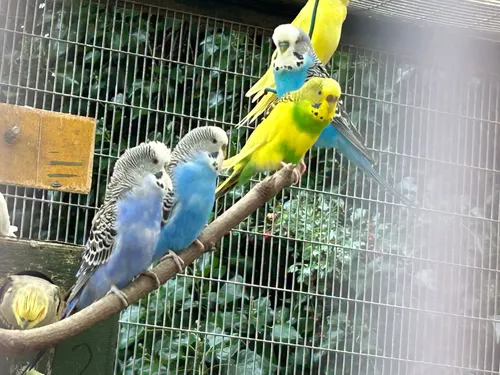


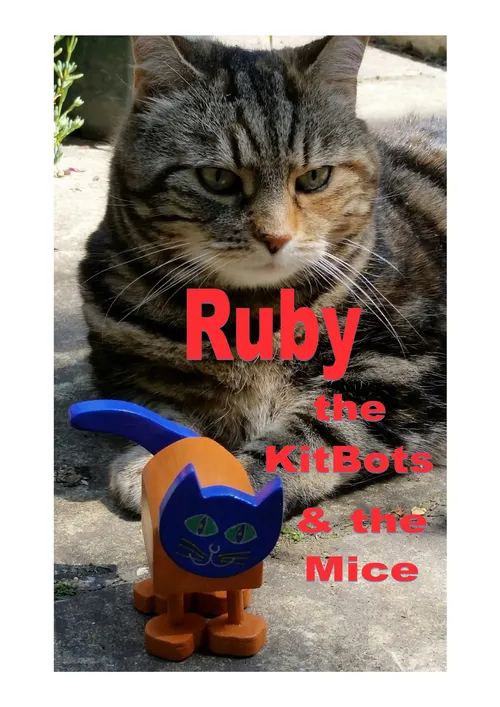
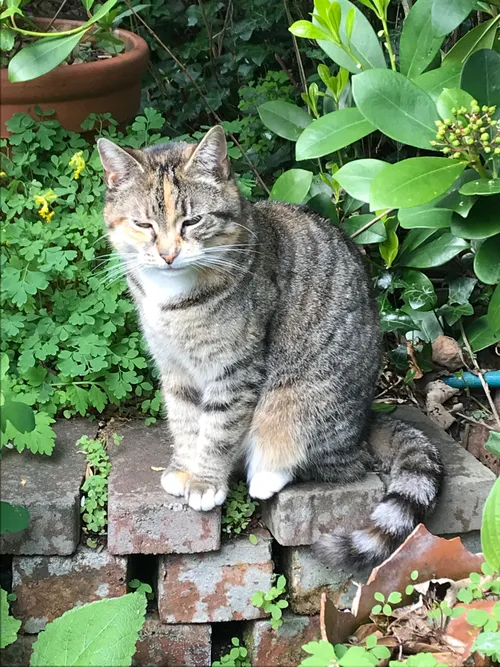
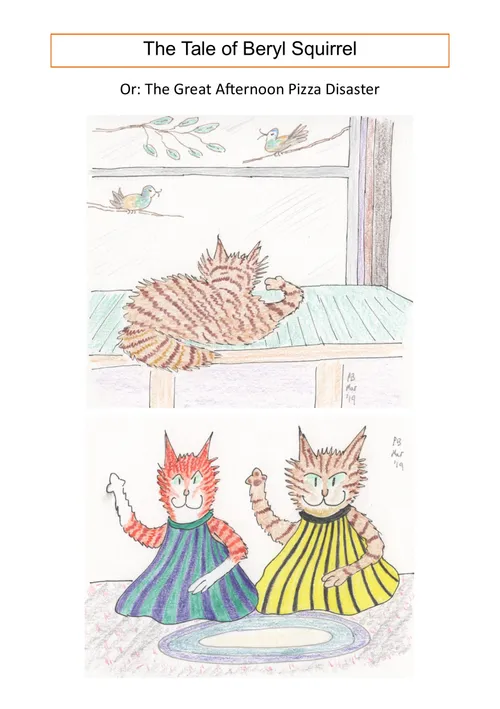
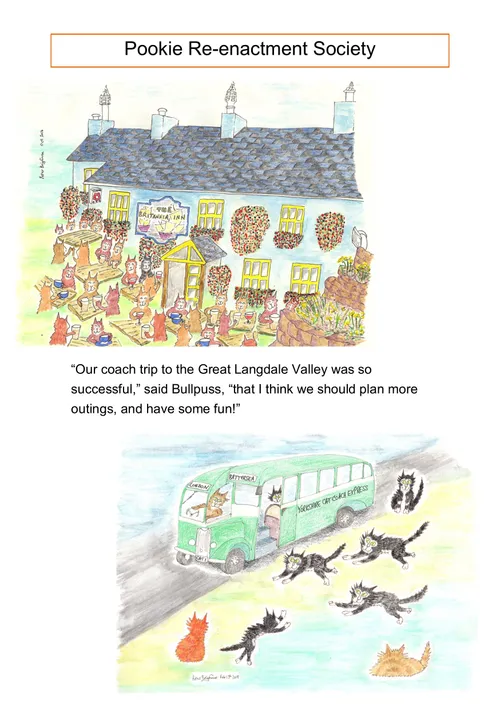
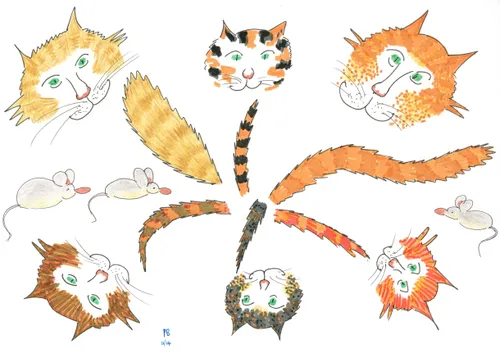
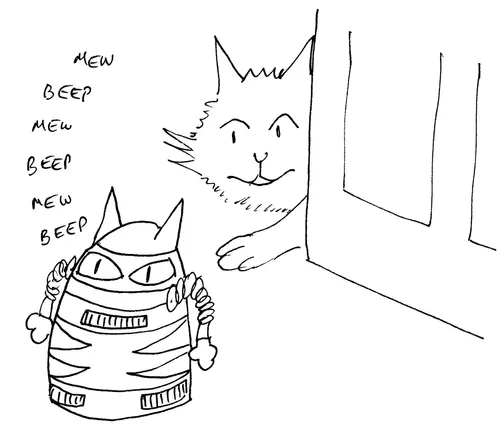
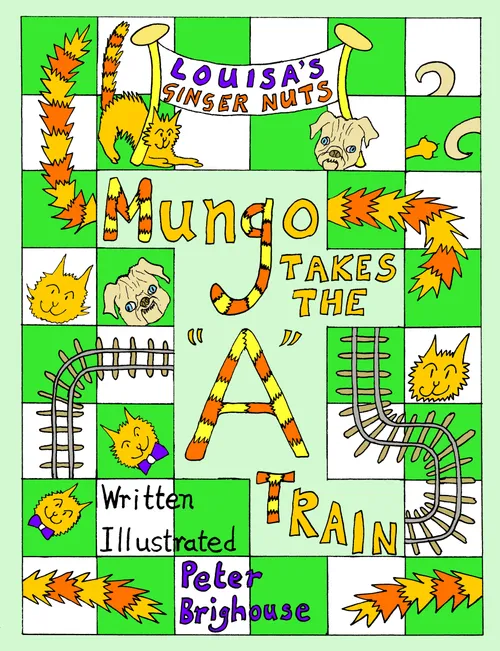
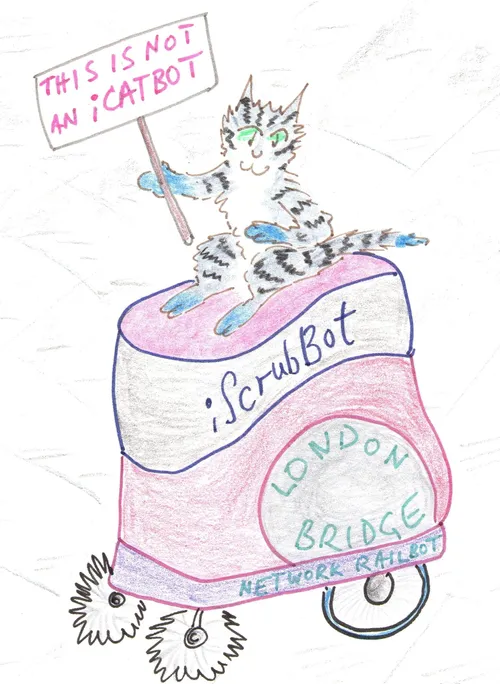
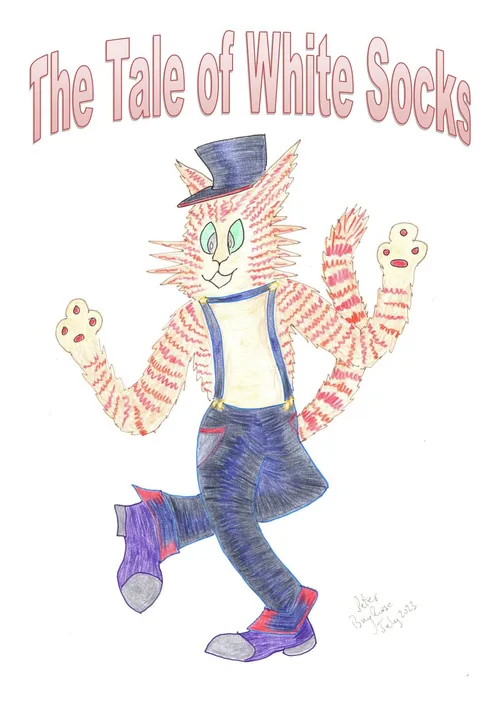
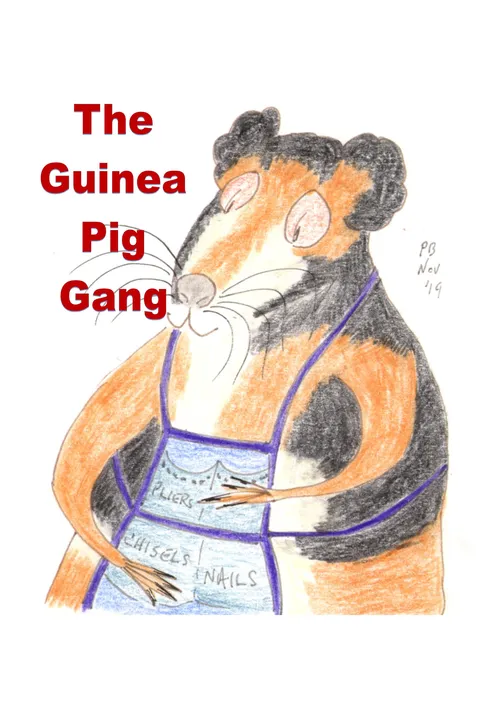
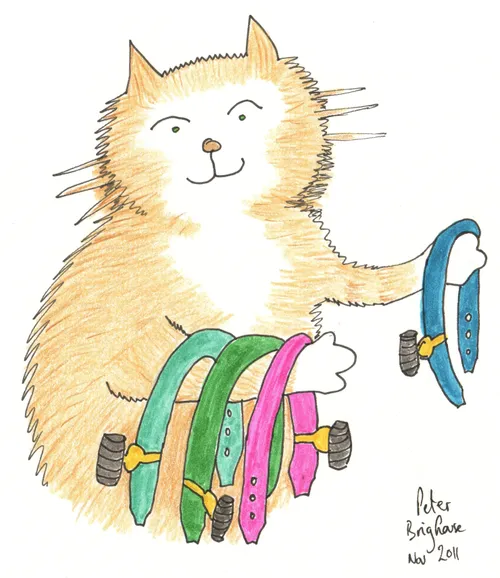
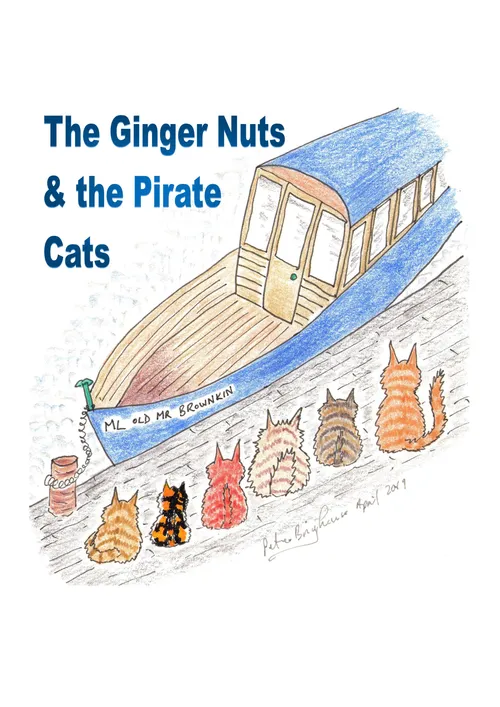
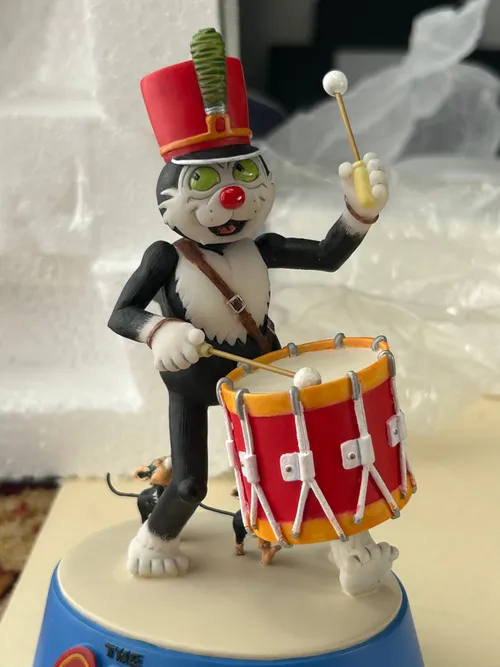
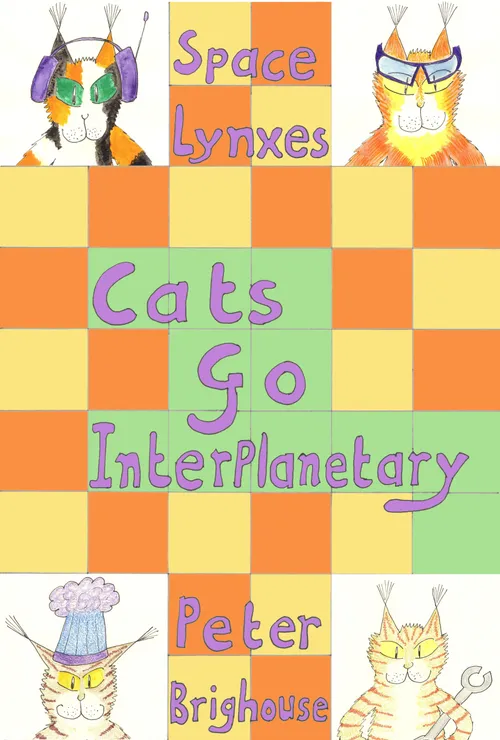
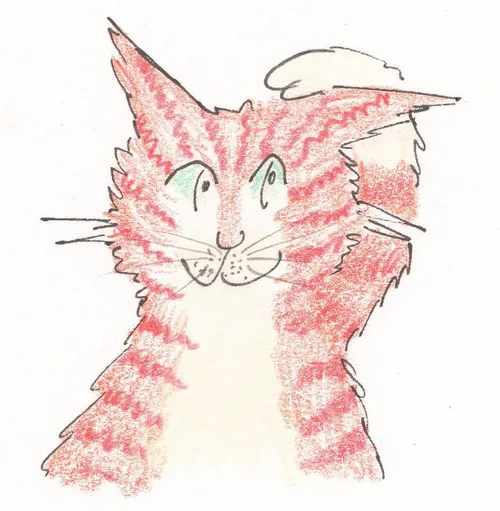
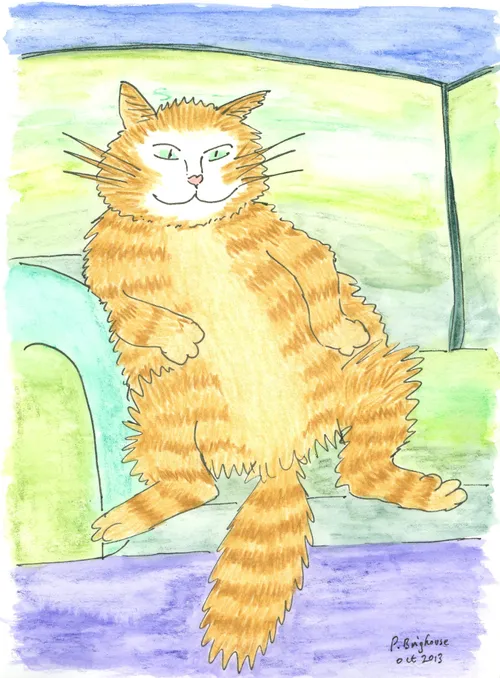
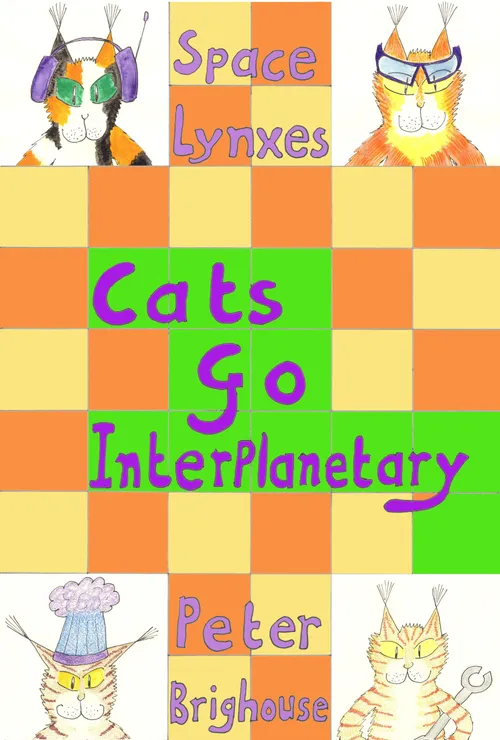
This story has not been rated yet. Login to review this story.